9 Effective Tips to Calm Down a Hyper Toddler

Do you often feel helpless when your tot throws a tantrum and refuses to settle down no matter how strict you are? Trust us, you’re not alone! Parenting is a roller-coaster ride, especially when you have a hyperactive toddler. Keeping up with these little bundles of energy can feel like chasing a tornado in tiny shoes. Sometimes, it is that extra bar of chocolate he is being denied. At other times, it is an additional hour up at bedtime, which you adamantly refuse to allow him. Managing a hyperactive 3-year-old can be exhausting, but with patience and understanding, it’s possible to help them channel their energy positively. Toddlers can have the best disciplinarians at their wit’s end, so we could all do with natural ways to calm a hyper child. In this article, we’ve rounded up nine easy-breezy tips to help you bring peace and calm to your household.
Why are Toddlers Hyper?
Have you ever wondered why toddlers are like little tornadoes, swirling around with endless energy? Well, there are a variety of factors at play. Here’s a peek into what might be driving that hyperactivity.
1. Exploring Everything
Toddlers are like tiny scientists, always eager to explore and discover new things. Their boundless curiosity keeps them moving as they investigate the world around them.
2. Big Emotions, Small Bodies
Toddlers experience a whirlwind of emotions, from excitement to frustration, and they haven’t mastered self-regulation yet. This can result in bursts of energy as they try to express themselves (1).
3. Hyperactivity or ADHD?
While high energy levels are typical in many children, there’s a fine line between typical exuberance and hyperactivity that could signal Attention deficit hyperactivity disorder (ADHD) (2). If hyperactive behaviours start interfering with schoolwork or social interactions, it may be time to seek guidance from a medical professional (3).
Natural Ways to Calm a Hyper Toddler
All kids are bound to be hyperactive at one point or the other in their lives. We bring you a set of helpful calming tips for dealing with a hyperactive toddler. This behavioural toolkit is essential for every parent to have in their kitty!
1. Practise Systematic Ignoring
Harsh, though it sounds, ignoring the tantrum is often the best way to deal with it (6). Your child must realise that throwing a tantrum is not the solution for every situation in life. Let the hyperactive behaviour, often accompanied by howling, take its time to die. While the ignoring is on, ensure you provide the kid with food items such as fresh vegetables and fruits, especially chicken and walnuts, and whole grains like pasta and brown bread. These calming foods for toddlers will have them settle down and be their usual grinning selves much faster than a about of shouting is ever likely to achieve!
2. Use the Power of Hugging
This always works. When your child seems most menacing, hug him tight. There is healing in mom’s hug, and it is sure to assure your tot that you are always there for him. Hugging doesn’t mean giving in to unreasonable demands (something you should never do) but ascertains an understanding. This is often enough to bring your tot down from the peaks of hyperactivity.
3. Bring Bubbles to the Rescue
Pop, pop! When those dainty soap bubbles burst, our hearts feel instantly lighter. Your toddler also enjoys this activity and is sure to feel calmer when surrounded by lovely, airy bubbles. You can also consider buying musical bubble guns set to different tunes. They are a significant stress and tantrum buster!
4. Run a Hot Water Bath
Much like adults, steaming hot water baths are helpful even for kids. They soothe their frayed nerves and bring a sense of calm. Ensure the water is not too hot. You can also infuse the water with relaxing bath salts, lavender oil, chamomile and rosemary. These are considered to be calming herbs for kids and have a positive effect on your child’s nervous system.
5. Play Calming Music
Music can be a great way to restore peace at home. The next time your children get unruly try music as therapy. Tracks such as animal sounds, waterfalls and ocean sounds are considered to be calming music for toddlers. Playing them at a moderate volume in the background can peacefully affect your tantrum-throwing child.
6. Engage Them in a Physical Activity
When hyperactivity peaks, children need an outlet for all the extra energy driving them crazy. Get your children to engage in high-energy activities such as running around the garden, skipping, playing with a ping-pong ball or swinging. This alternate channelisation of energy will help them eventually return to their pre-tantrum state (5).
7. Converse in a Calming Voice
Finally, mamma’s calm voice is all a toddler needs when vulnerable. Get your child to sit down and talk to him quietly and softly. You could also whisper in his ears and tell him that his unruly behaviour really hurts you. Children are more emotionally sound than you know, and the message will likely hit home.
8. Mindful Breathing and Relaxation
Teach your toddler simple mindfulness techniques like deep breathing or gentle stretching exercises. These practices can help them learn to regulate their emotions and calm themselves down when feeling overwhelmed or overstimulated (7).
9. Massage and Touch Therapy
Gentle massage techniques, such as light strokes or circular motions on your toddler’s back or limbs, can help release tension and promote relaxation. Incorporate calming essential oils like lavender or chamomile for added soothing benefits (8).
FAQs
1. How can I tell if my toddler is hyperactive or just energetic?
It’s important to differentiate between normal toddler energy levels and hyperactivity. While all toddlers have high energy, hyperactivity often involves excessive restlessness, impulsivity, and difficulty focusing (4).
2. What are some quick techniques to calm a hyper toddler in public settings?
When dealing with a hyperactive toddler in public, distraction can be essential. Bring along small toys or books to redirect their attention. It’s also necessary to stay patient and avoid reacting with frustration, as this can exacerbate the situation.
3. Are there any dietary or lifestyle changes to help manage hyperactivity in toddlers?
While there’s no one-size-fits-all solution, some parents find that certain dietary adjustments, such as reducing sugar and artificial additives, can help manage hyperactivity in toddlers. Establishing consistent routines, providing ample opportunities for physical activity, and ensuring sufficient sleep can also contribute to better behaviour regulation.
4. When should I seek professional help for my hyperactive toddler?
If you’re concerned about your toddler’s hyperactivity impacting their development or quality of life, it’s advisable to seek professional guidance. A paediatrician or child psychologist can evaluate your child’s behaviour, provide insights into potential underlying issues, and recommend appropriate interventions or therapies.
Managing the energy levels of a hyper toddler can be challenging, but with patience, understanding, and a few effective techniques, it’s entirely possible to help them calm down and thrive. Remember, every child is unique, so finding the best strategies for your little one may take trial and error. By staying calm, patient, and proactive, you’ll help your toddler navigate their hyper moments and foster a nurturing environment where they can learn and grow. Together, you and your hyperactive toddler can tackle any challenge that comes your way!
References/Resources:
1. 10 Tips to Prevent Aggressive Behavior in Young Children; American Academy of Pediatrics; https://www.healthychildren.org/English/ages-stages/toddler/Pages/Aggressive-Behavior.aspx
2. Smith. M, Segal. J; ADHD Parenting Tips; HelpGuide.org; https://www.helpguide.org/articles/add-adhd/when-your-child-has-attention-deficit-disorder-adhd.htm
3. Smith. M, Robinson. L, Segal. J; ADHD in Children; HelpGuide.org; https://www.helpguide.org/articles/add-adhd/attention-deficit-disorder-adhd-in-children.htm
4. Kelly. K; Why some kids get overexcited; Understood; https://www.understood.org/en/articles/why-some-kids-get-overexcited
5. Taming Tempers; Nemours Children’s Health; https://kidshealth.org/en/parents/temper.html
6. Miller. C; How to Help Children Calm Down; Child Mind Institute; https://childmind.org/article/how-to-help-children-calm-down/
7. Calming the Active/Hyperactive Child; Miracle Foundation; https://www.miraclefoundation.org/wp-content/uploads/2021/06/Calming-the-Active_Hyperactive-Child.pdf
8. Khilnani. S, Field. T, Hernandez-Reif. M, Schanberg. S; Massage therapy improves mood and behavior of students with attention-deficit/hyperactivity disorder; The Questia Online Library; https://www.researchgate.net/publication/8648691_Massage_therapy_improves_mood_and_behavior_of_students_with_attention-deficithyperactivity_disorder
Also Read:
When Toddlers Learn to Lean Over
Effective Ways for Disciplining a Toddler
Reasons Why Toddlers Throw Things So Much
Was This Article Helpful?
Parenting is a huge responsibility, for you as a caregiver, but also for us as a parenting content platform. We understand that and take our responsibility of creating credible content seriously. FirstCry Parenting articles are written and published only after extensive research using factually sound references to deliver quality content that is accurate, validated by experts, and completely reliable. To understand how we go about creating content that is credible, read our editorial policy here.








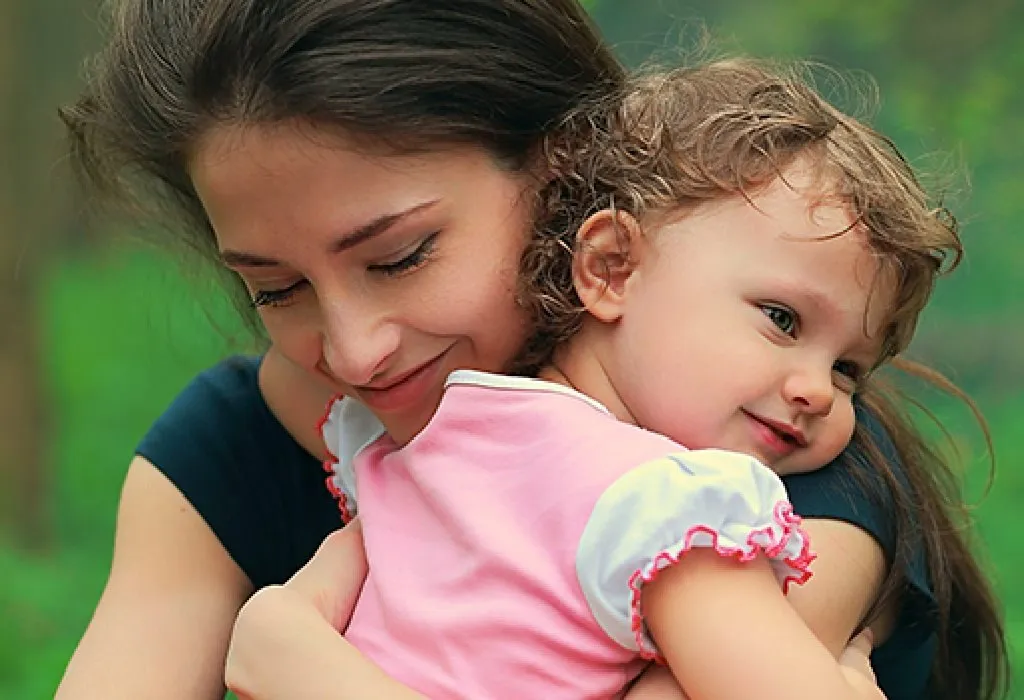
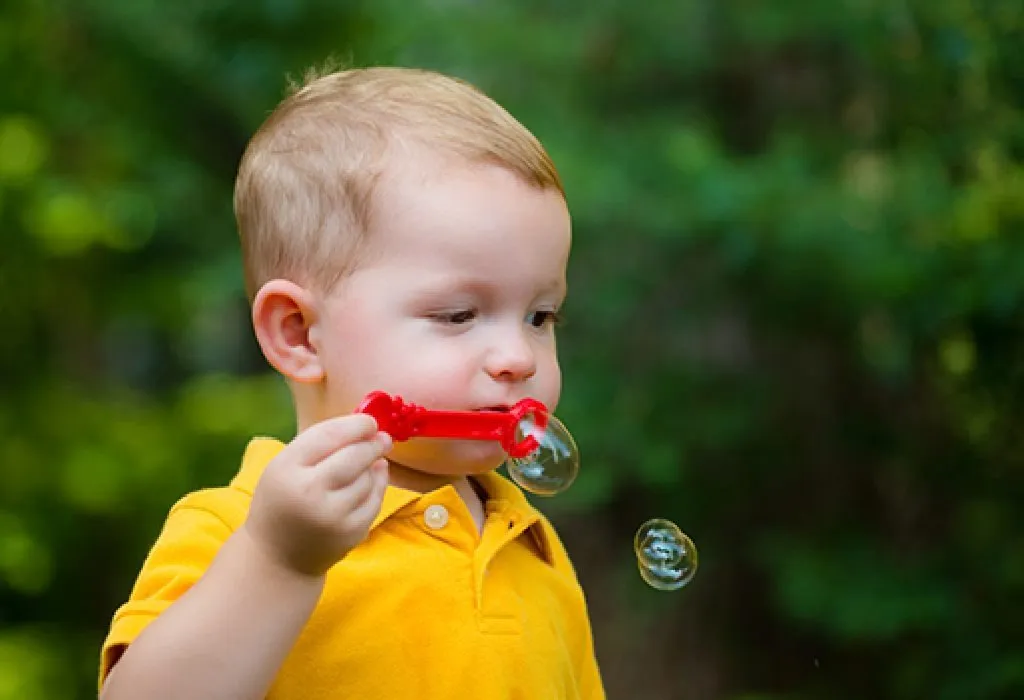
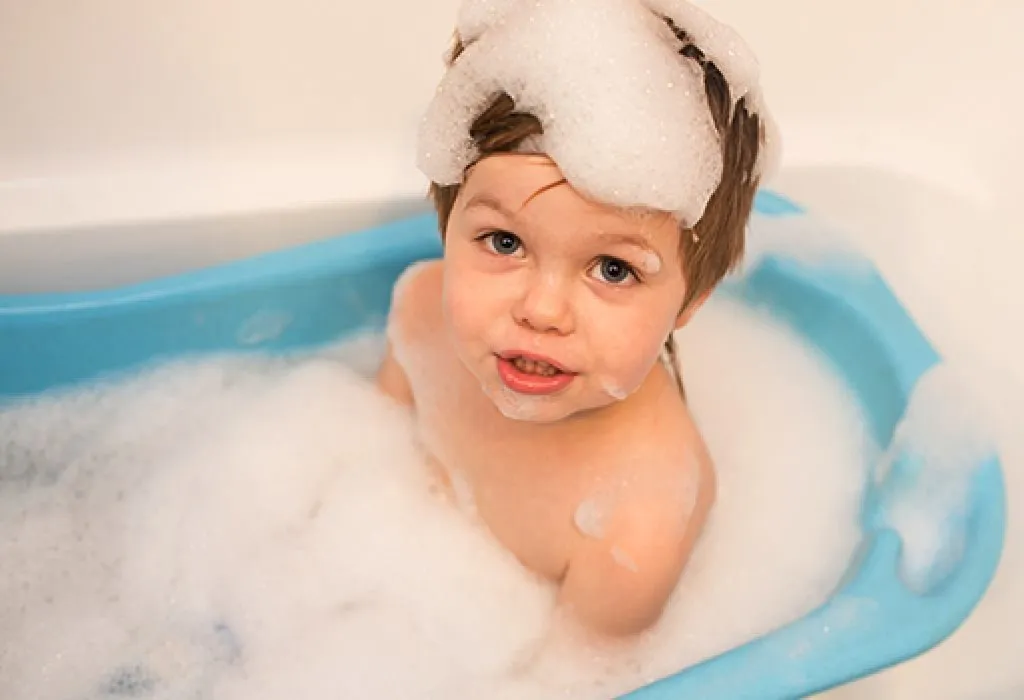
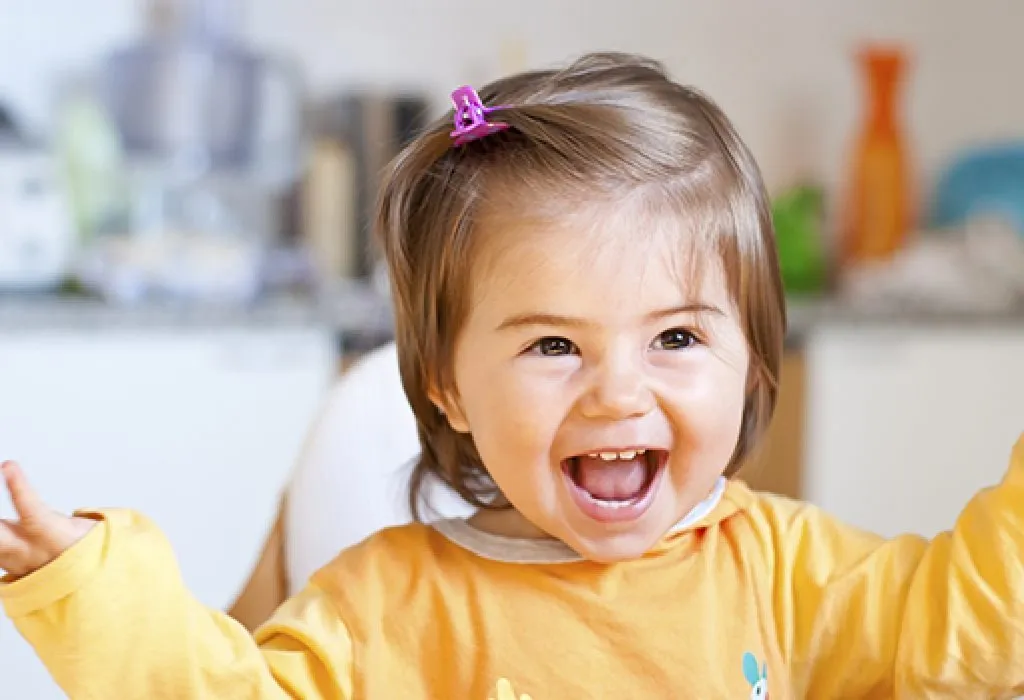
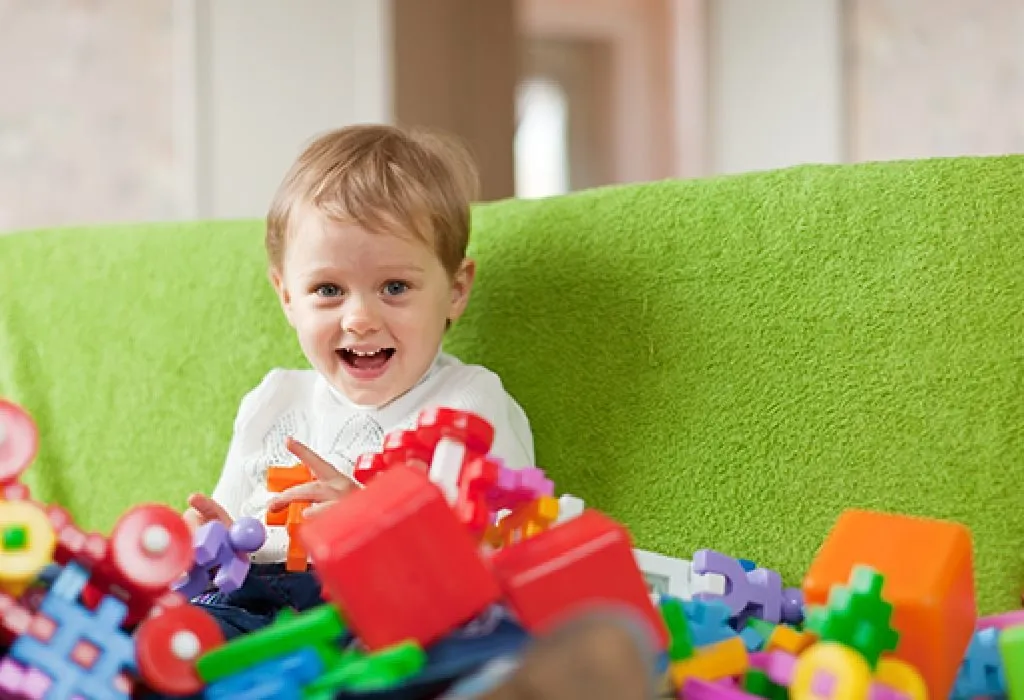
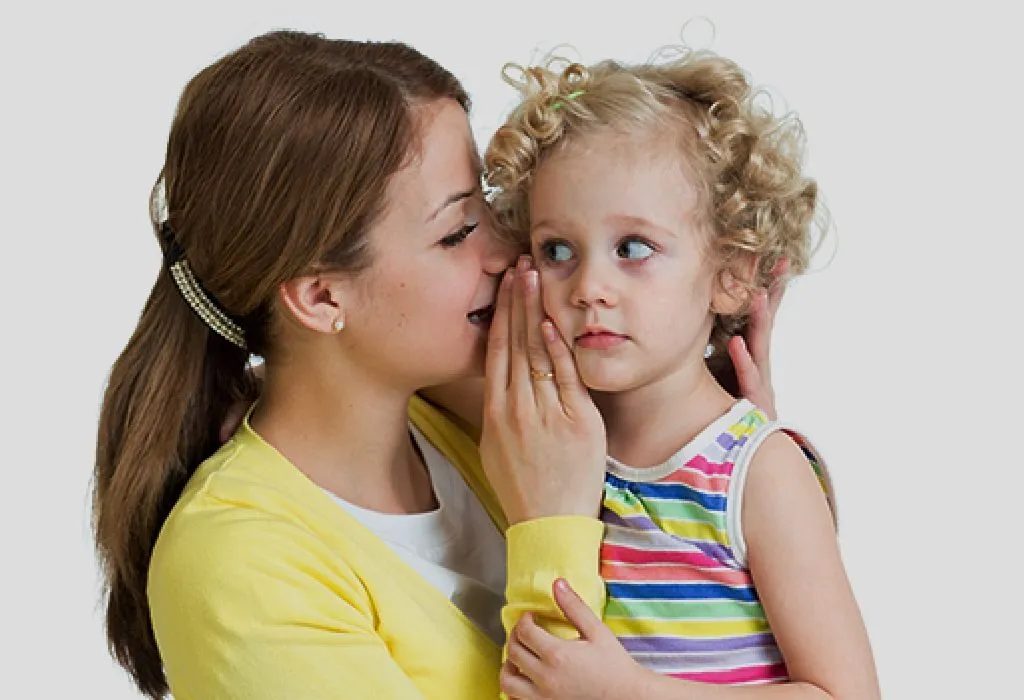
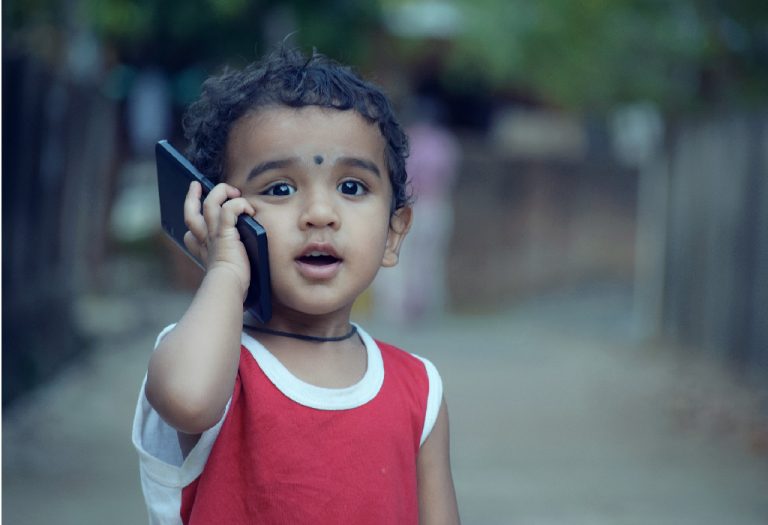
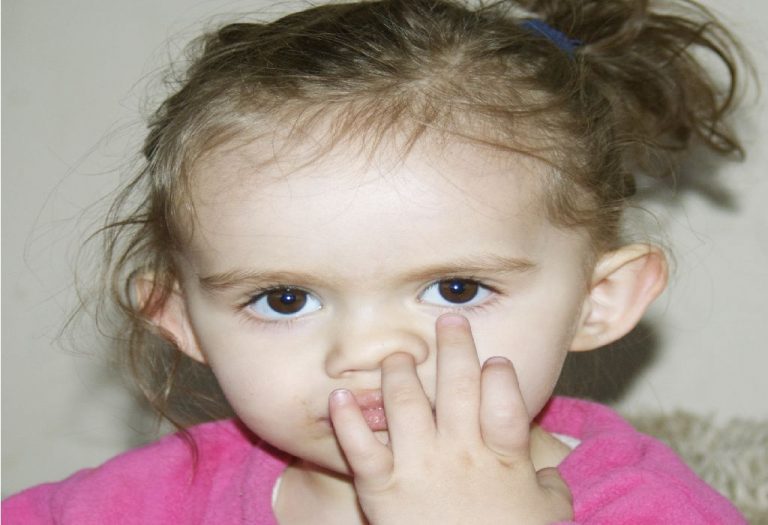
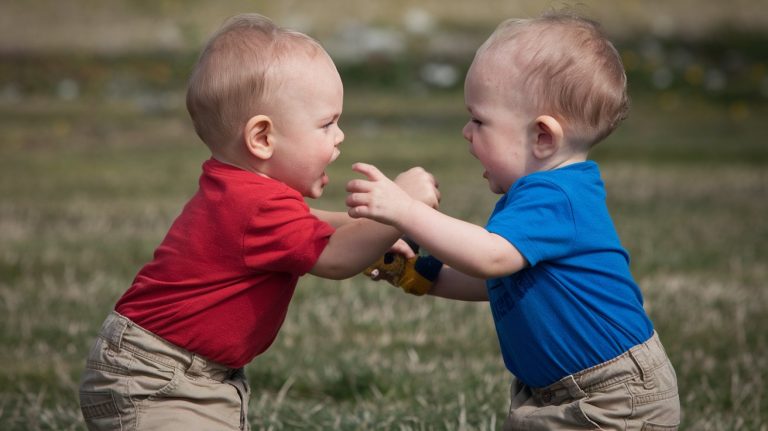

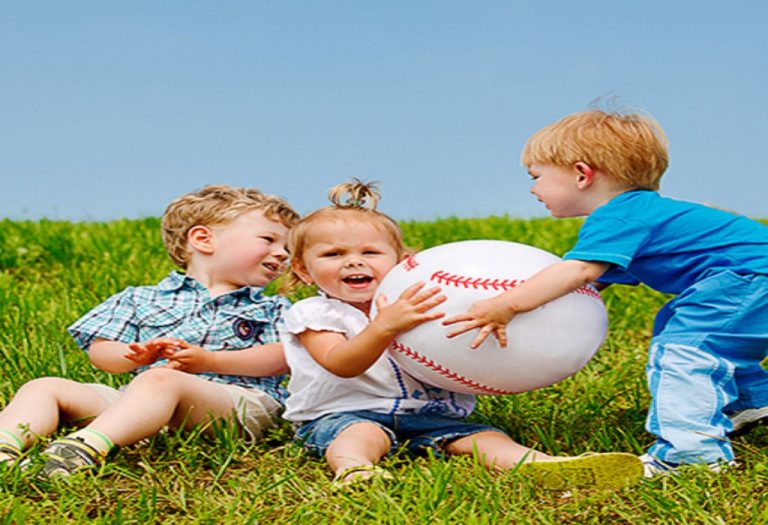
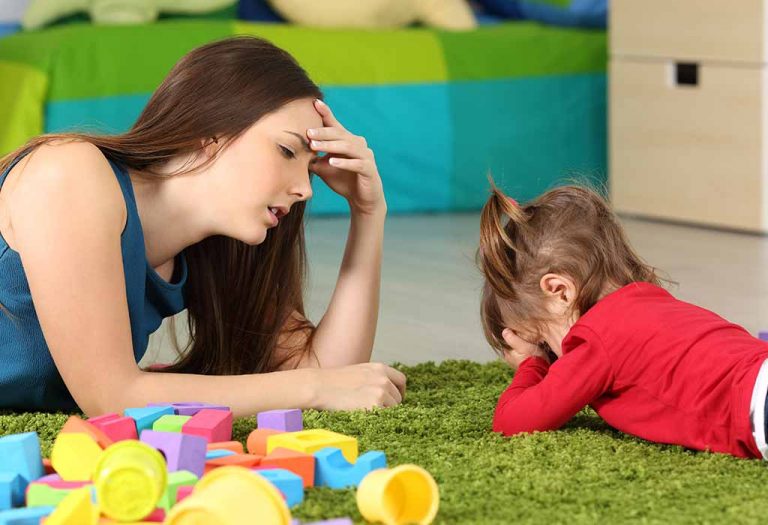

.svg)
















